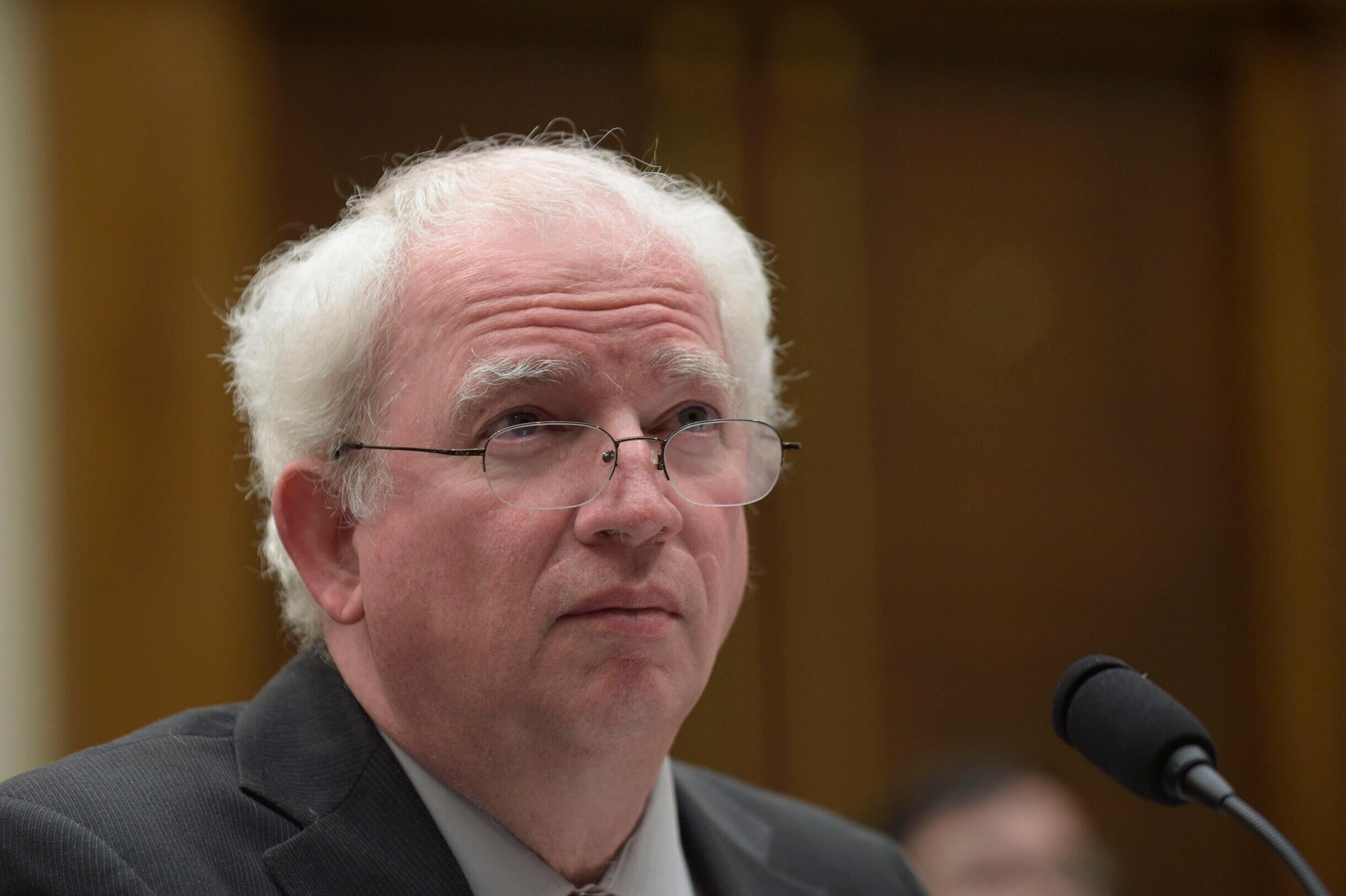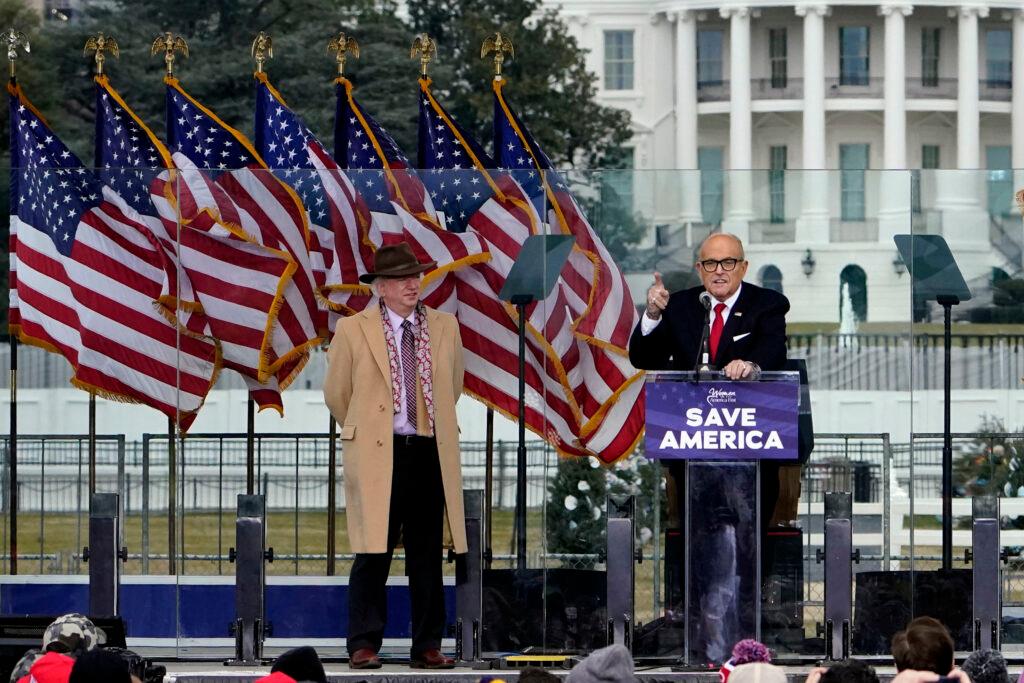
Before his indictment for racketeering in Georgia, before being tagged as "co-conspirator 2" in the federal case against former president Donald Trump, John Eastman was a Visiting Professor of Conservative Thought at the University of Colorado Boulder.
Even now, even as he faces potential disbarment for his efforts on behalf of Trump, Eastman is representing Colorado’s Republican Party in a challenge to the state’s election laws.
Here’s what to know about one of the most prominent figures in the growing web of legal actions against the former president and his allies.
Eastman’s involvement with the Trump election effort started while he was a Visiting Scholar in Conservative Thought and Policy at CU-Boulder
Eastman held the position for the 2020-21 academic year, which is exactly as much information as the website for CU’s Bruce D. Benson Center for the Study of Western Civilization currently contains about his time there.
His tenure was marked by controversy well ahead of the election. In August, 2020, nearly 800 people affiliated with the university signed a letter calling on the center to denounce Eastman based on his leadership of a group that opposes same sex marriage and an op-ed he published questioning Kamala Harris' ability to serve as vice president because her parents are immigrants.
While Eastman had advised Trump on a variety of issues over his time in office, the New York Times reported that his first post-election meeting with Trump’s aides came while attending an academic conference in Philadelphia. He went on to write a key memo outlining a strategy for Vice President Mike Pence to certify Trump as the winner of the presidential election on January 6th.
The proposal hinged on having lawmakers in states that voted for Biden certify alternate slates of electors who would cast their votes for Trump. Eastman’s efforts to set up such a slate in Georgia are the basis of some of the charges he now faces there. He is also accused of filing a court document in a challenge to the Georgia election result that makes false claims about voter fraud.
Eastman also spoke at the rally that preceded the storming of the U.S. Capitol during the vote certification, leading CU officials to swiftly repudiate him.

Eastman’s “continued advocacy of conspiracy theories is repugnant, and he will bear the shame for his role in undermining confidence in the rule of law,” wrote chancellor Phil DiStefano in a statement on January 7th.
However, DiStefano concluded the First Amendment prevented the school from terminating Eastman’s contract. The constitution “protects even abhorrent or ignorant political speech and prevents public employers from taking adverse action,” he wrote.
CU did bar Eastman from speaking or conducting outreach on behalf of the Benson Center for the remaining months of his appointment. And his spring courses were canceled due to low enrollment, according to the university.
Eastman filed preliminary paperwork last year to sue CU for breach of contract, but has yet to make good on it.
For their part, CU leaders don’t mince words about the Eastman’s time at the school. Robert Pasnau, former head of the Benson Center, called Eastman’s appointment “a disaster.”
“In fairness, nobody would've predicted that things would happen the way they did with John Eastman,” Pasnau told CPR’s Colorado Matters. “So there was obviously some tremendously bad luck that this happened (during) the one year he was at our university.”
Since leaving CU, Eastman came under investigation by the Jan. 6th committee and more recently has figured in state and federal criminal indictments against Trump.
Eastman is currently representing the Colorado GOP in its legal quest to close the state’s primaries
Eastman’s name recently re-emerged in Colorado politics as the lead attorney on a lawsuit by the Colorado Republican Party seeking to overturn Proposition 108, the voter-approved law that opened Colorado’s primaries to unaffiliated voters.
The suit argues Prop 108 infringes on the constitutional rights of Republicans, including “the right of political parties to choose their nominees for office without interference by those who are not members of the party and have chosen not to affiliate with the party.”
It is unclear whether Eastman will be able to argue the suit, however, if it moves forward. In addition to his other legal troubles, he is scheduled for a disbarment trial in California next week. Eastman is trying to postpone that trial until the conclusion of the Georgia case.
Editor's Note: This story has been updated to include more context about Eastman's time at CU.
Related coverage
- Colorado GOP files lawsuit to close its primary elections and block unaffiliated voters from participating
- Trump indictment gets mixed reaction from Colorado lawmakers
- Attorney John Eastman surrenders to authorities on charges in Georgia 2020 election subversion case









